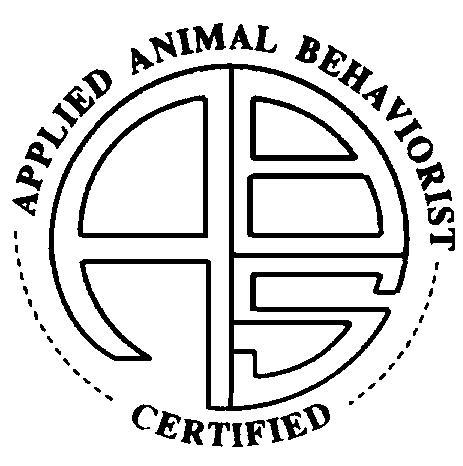For Pet Professionals
information about CAAB certification
Interested in becoming a CAAB or working with us?
Learn about the requirements for certification and how you can work with a Certified Applied Animal Behaviorist!
Requirements
The following are qualifications required for application to become a Certified Applied Animal Behaviorist:
- Certified through the Animal Behavior Society (ABS)
- Have either a PhD (CAAB) or an MSc (ACAAB) in a behavior-related field
- Minimum number of undergraduate or graduate credits in specific topics
- Experience: 5 years (CAAB), 3 years (ACAAB) in animal behavior
- References from 3 behavior professionals
- Published research and/or formal case studies
- Internships with CAABs is highly encouraged
- Continuing education: Present at an Animal Behavior Society, show evidence of contributing and staying current with the field of applied animal behavior
- Maintain professional liability insurance
- Code of Ethics must be signed and followed
If you’d like to apply to become a Certified Applied Animal Behaviorist, you can visit the Animal Behavior Society website for application information.
Interested in mentorship?
We welcome trainers and behavior consultants!
If you have an interest in using science, building a business where you work with veterinarians to provide the best care for animals, and want to have a certification that allows pet owners to understand your level of education and expertise, then CAAB certification may be right for you. We can also mentor those who may not have all the qualifications to apply for certification, but want to improve their knowledge and skills.
